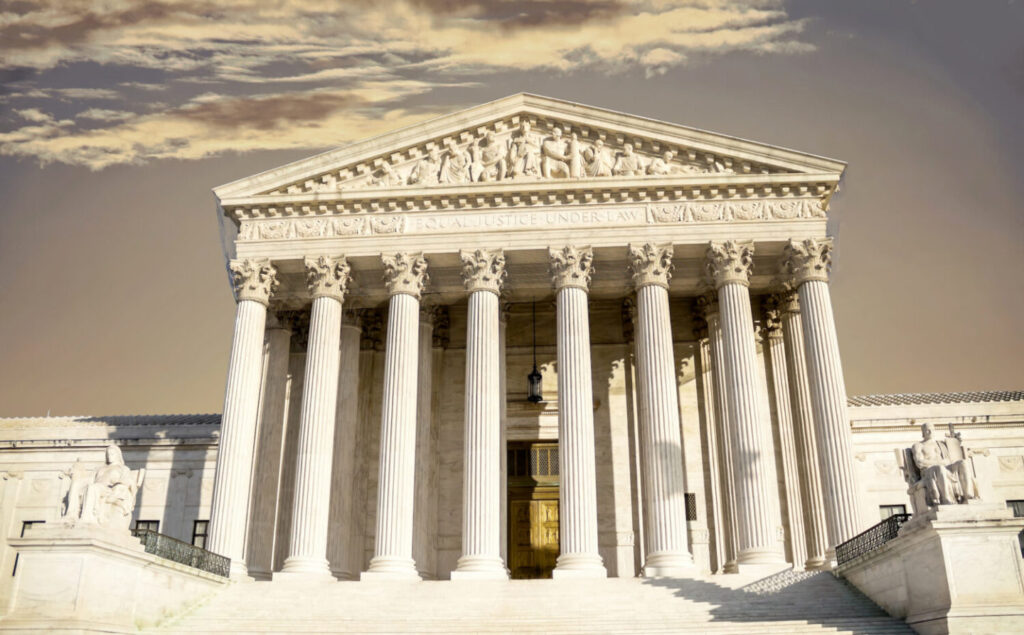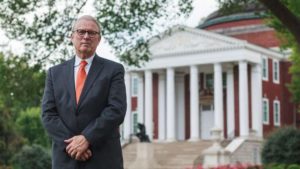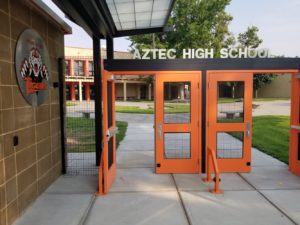Herzog Foundation Files Amicus Brief in Supreme Court Case on Maine Discrimination against Religious Education
A state of Maine case brought by families who want to use a State tuition program for their children to attend Christian schools has reached the Supreme Court (Carson v. Makin).
The court recently…

A state of Maine case brought by families who want to use a State tuition program for their children to attend Christian schools has reached the Supreme Court (Carson v. Makin).
The court recently agreed to hear the case in which oral arguments are likely to begin in the spring with a decision anticipated as early as June 2022. In the meantime the Herzog Foundation has filed an Amicus Brief in support of the Maine families’ right to the aid under the First Amendment of the US Constitution.
Herzog Foundation chairman, Todd Graves, commented:
Religious discrimination is sadly a common occurrence in our country, and the injustice in Maine is just one example. Discriminating against students and schools solely based on religious identity is a clear and flagrant violation of every American’s right to freely exercise their religion. We are proud to support Christian schools and families in Maine, and look forward to the Court ending this injustice next year. The Herzog Foundation will continue to take a stand for Christian schools all across the country.
Maine has 260 school districts but only 143 of those have public high schools. Since Maine’s constitution guarantees every resident should have a public education, the state’s Department of Education has set up a tuition program to cover the private school tuition of students in districts without a public option. But since the 1980s, the program has excluded religious schools, dubbed ‘sectarian’ schools by a state statute. The department’s commissioner, Pender Makin, is the defendant in the case.
The Herzog Foundation’s brief upends an argument sometimes used to exclude religious schools from funding—the ‘status/use’ distinction, that religious ‘uses’ of school funds might be prohibited irrespective of religious ‘status’. But the brief shows that this distinction has no basis in history, going all the way back to the Revolutionary period, and therefore exclusion amounts to a violation of the First Amendment. More recently, the ruling in Espinoza v. Montana adds further support: “As Justice Gorsuch put it [in the Espinoza case], ‘it is not as if the First Amendment cares’ whether discrimination is based on status or use.”
The brief also argues that parents should have the right to direct their own child’s education, and if they choose a religious school, they should not be prohibited from doing so by the state of Maine’s statute. The brief further shows that students attending religious schools outperform their peers in both public and secular private schools.



